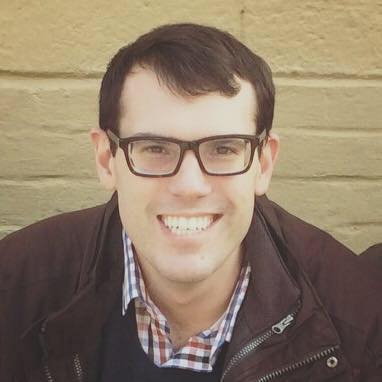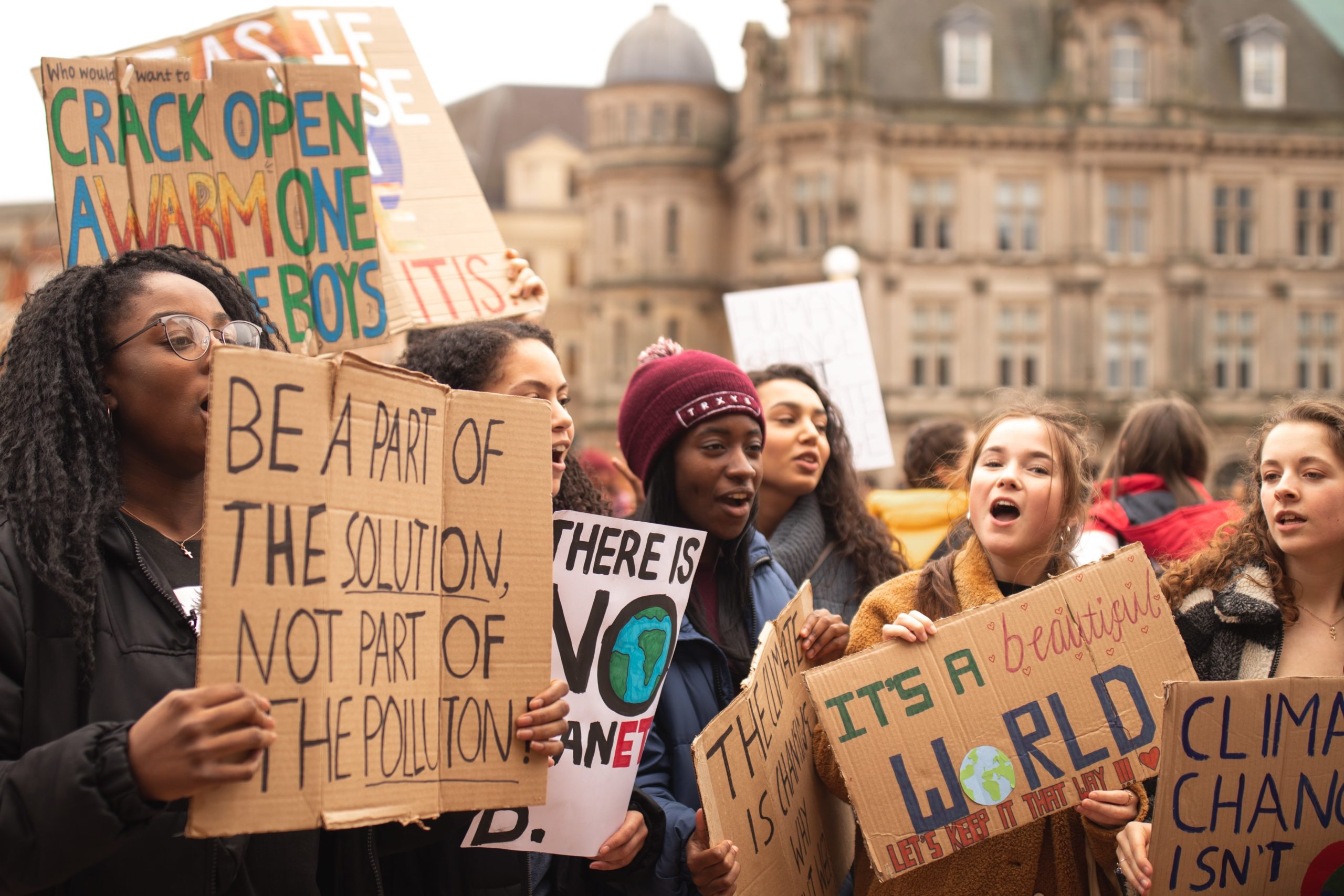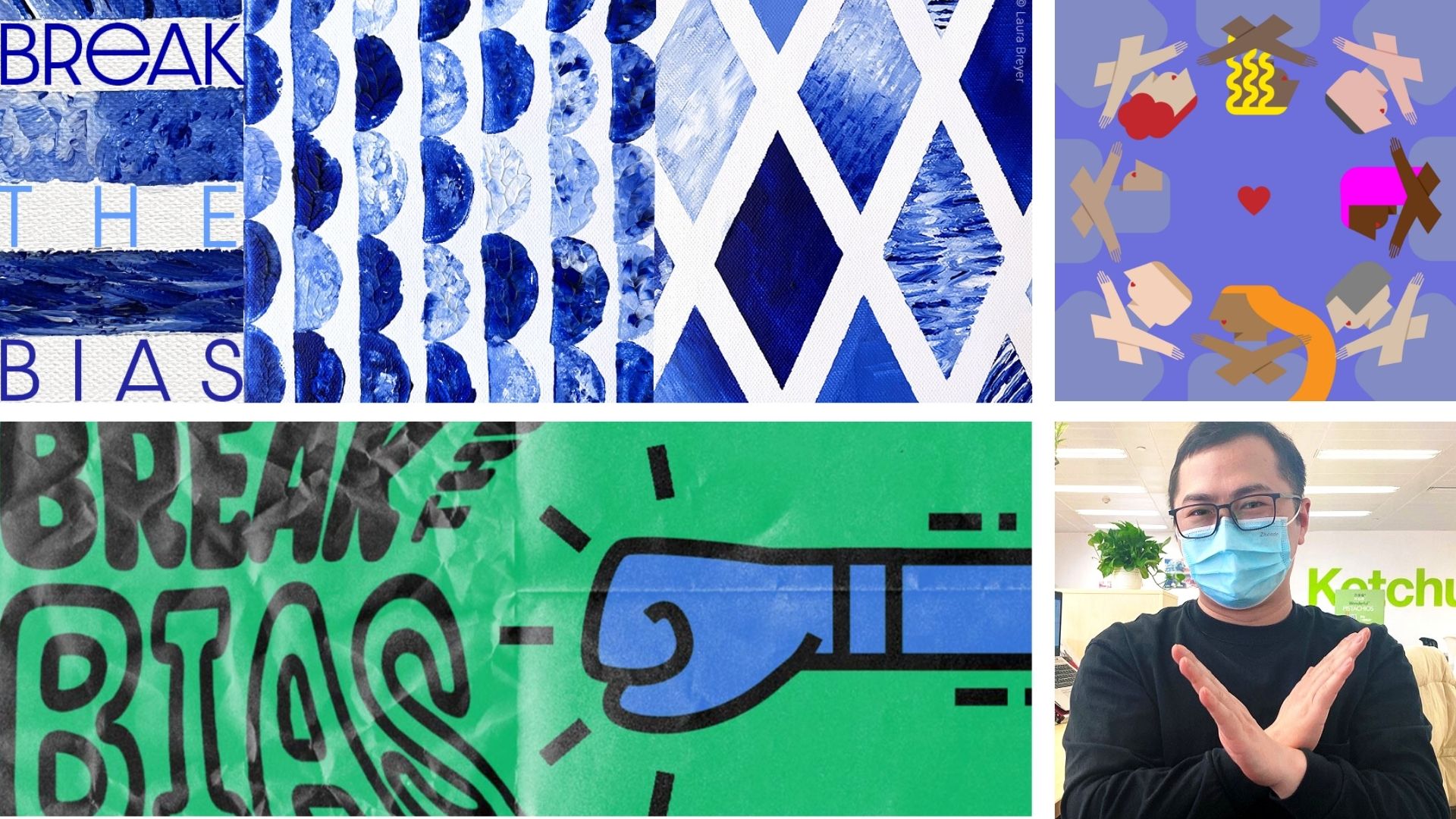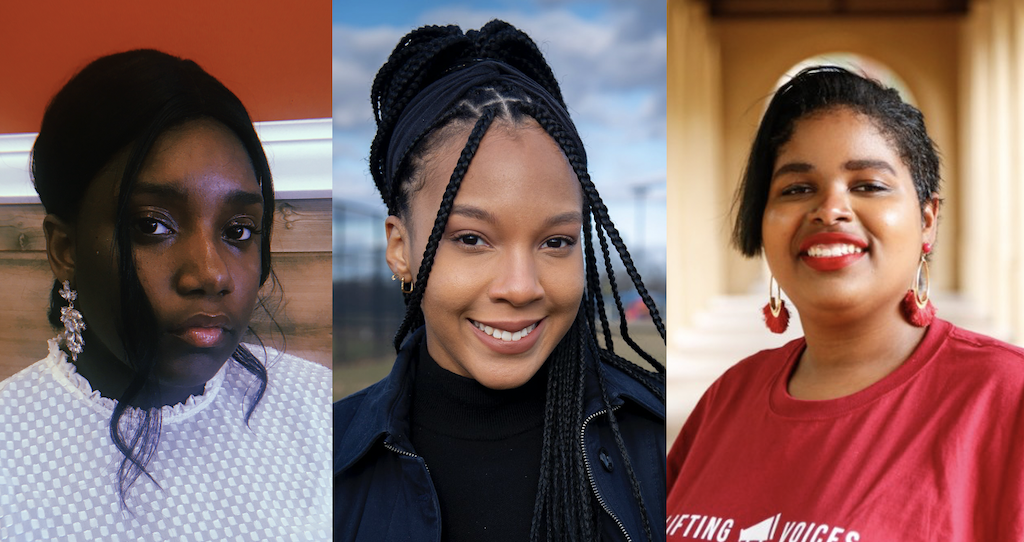Every September, the global sustainable development community – including businesses, governments and NGOs – focuses on agenda-setting discussions led by the United Nations General Assembly (UNGA) held annually in New York. Empowering and polarizing headlines often emerge from these discussions, and this year’s session – September 17-30 – will hold more programming than in years past, increasing the likelihood UNGA will dominate the news cycle. An understanding of the key moments and themes will help companies prepare and adjust purpose communications accordingly.
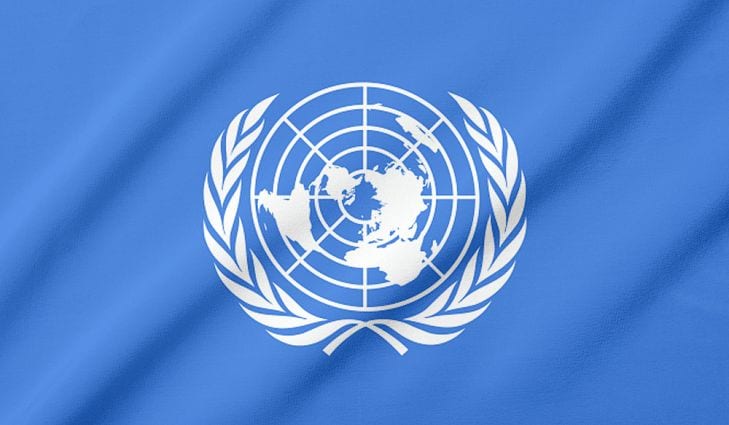
Here are a few trends to watch as conversations heat up…
Heavy coverage of Iran:
Top-tier media are likely to heavily focus on the interplay and potential bilateral meeting on the sidelines of UNGA between President Trump and Iranian President Hassan Rouhani. The Trump Administration has expressed its top priority related to UNGA is to restart discussions with Iran, and they’re willing to ease sanctions to secure the meeting. Top-tier media have extensively covered the President’s dismissal of National Security Advisor John Bolton, which was in part attributed to Bolton’s disagreement with the President about easing sanctions on Iran. The heavy coverage is likely to continue whether or not the bilateral meeting happens.
Ask yourself: Should UNGA coverage heavily focus on Iran, does your organization have strategies to break through the crowded news cycle to ensure message penetration? Given the crowded environment, would you consider leading with owned instead of earned media? How does your organization define a successful UNGA engagement?
SDGs: It’s now or never:
Four years ago, the UN announced 17 Sustainable Development Goals (SDGs) intended to create targets for key causes ranging from No Poverty to Gender Equality. In the private sector in recent years, brands are aligning their purpose, CSR and sustainability initiatives with the SDGs. UNGA 2019 will include a summit review of SDG progress at the highest levels, as well as a kick-off for a “Decade of Action” for realizing the goals by 2030.
Ask yourself: Has your organization or brand adopted the common language of the SDGs? Why or why not? What is your organization doing in terms of sustainability? How can you communicate your values and priorities to key stakeholders?
Youth demand climate action:
Youth are demanding their voices be heard on climate action, and the UN is giving them a platform. The UN’s high-level week kicks off with a Youth Climate Summit on Saturday, September 21. The Summit will bring together young activists from all over the world – including Greta Thunberg, the 16-year old Swedish next-generation leader who arrived in New York at the end of August after traveling across the ocean in a zero-emission yacht. Since her arrival, Thunberg has been staging a weekly “Fridays for Future” strike (i.e., a school walk out) with her young American peers, and on Friday, September 20, they are expected to be joined by millions of kids from around the world as part of a Global Climate Strike. Gen-Z is prepared to take action for the causes and issues they deem important to their generation and beyond. As they get older, this could mean not supporting brands or not working for companies that do not do anything meaningful to positively impact the issues they care about.
Ask yourself: Does your organization have the permission or interest to engage with youth-led advocacy efforts? What are the key issues or causes where you could evaluate a youth-led advocacy strategy? What are potential risks or considerations to engaging in youth-led advocacy for your organization?
Increased expectation around decarbonization:
The U.S. may be a lone holdout after its withdrawal from the Paris Agreement, which aims to keep global temperature increases at 1.5 degrees Celsius. But the rest of the signatories are not moving fast enough for UN Secretary General António Guterres. In July, he wrote a letter to every head of state asking them to come to the Climate Action Summit (to be held on Monday, September 23) with concrete proposals to achieve carbon neutrality by 2050.
Ask yourself: Is your organization prepared for potential major announcements from governments and coalitions about carbon neutrality? Has your organization established and/or reviewed its short-term targets for greenhouse gas reductions in preparation for potential pressure to maintain or raise current goals? Has your organization established and/or reviewed its long-term goals for zero emissions?
Universal health coverage deemed human right:
The 74th UNGA session will include the first-ever high-level meeting on universal health coverage (UHC), also scheduled for Monday, September 24. With half the world’s population without access to quality medicines, vaccines and health services, this discussion will focus on how global commitments can achieve what the UN designates as part of the broader human rights agenda. Companies across multiple sectors – including health care, bioresearch, pharmaceutical, insurance, and finance – should tune into the discussion and anticipate a greater call to action to work collaboratively with governments and NGOs to ensure access, quality, financial risk protection, and affordability.
Ask yourself: How does your organization work with governments and NGOs as it relates to access to quality health coverage? Has your organization reviewed its strategy and approach as it relates to potential implications of UNGA’s universal healthcare discussion? As it relates to 2020 U.S. presidential candidates’ proposals for “Medicare for All or a single payer national healthcare program,” what is your communications approach for discussions around universal healthcare? Which, if any, key stakeholders and third-party validators are you engaged with to amplify your messaging?
To receive four recommendations on how your company can thoughtfully and authentically engage in any of the conversations above, connect with me here and mention this article.
